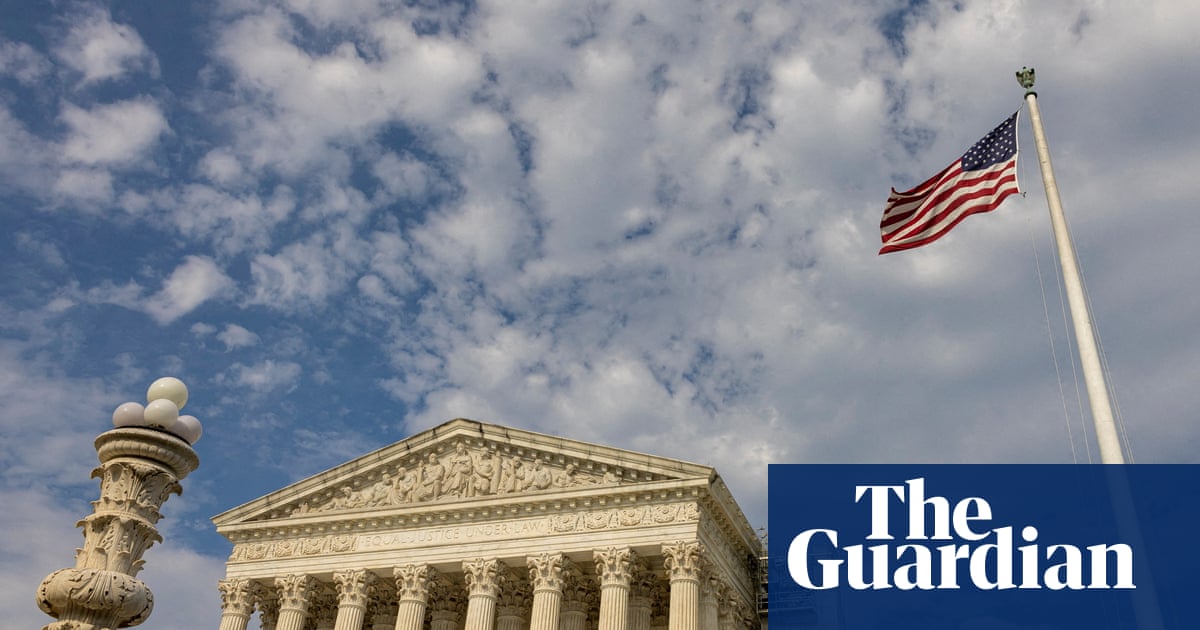Supreme Court Decision to Deport Eight Immigrants to South Sudan: A Complex Controversy
In a significant ruling, the Supreme Court has authorized the Trump administration to deport eight men from an American military base in Djibouti to South Sudan— a country where most of them lack any personal connections. This decision raises serious questions about the ethics of deporting individuals to a region marked by conflict and instability.
Background of the Detainees
The group comprises men from diverse backgrounds, hailing from Vietnam, South Korea, Mexico, Laos, Cuba, and Myanmar. Notably, only one of them is from South Sudan. The Trump administration argues that these men had been convicted of serious crimes, which justifies their removal from the United States. Many are nearing the end of their sentences or have already served them, thus facing imminent deportation under existing “orders of removal.”
The Legal Framework
This ruling follows a prior decision by the Supreme Court’s conservative majority that allowed immigration officials to deport individuals to countries with which they have no connections. This effectively negates an earlier district court ruling that mandated immigrants be given the chance to prove they would face serious harm upon deportation. The administration’s legal reasoning hinges on the men’s criminal backgrounds, emphasizing the severity of their offenses in a bid to expedite their removal.
Implications of the Ruling
Justice Sonia Sotomayor, alongside Justice Ketanji Brown Jackson, dissented against the ruling. They expressed concerns that it affords the government excessive latitude at the expense of individual rights. Sotomayor articulated the danger posed to the eight men, emphasizing that deporting them to a war-torn nation without considering their potential for persecution contradicts the principles of justice and due diligence. She criticized the notion that the government can bypass legal obligations while others must adhere to them.
Detainees’ Conditions and Concerns
Trina Realmuto, a lawyer representing the eight men and the executive director of the National Immigration Litigation Alliance, highlighted the precarious conditions they might face upon arrival in South Sudan. Realmuto expressed fears of “perilous conditions” and immediate detention, underscoring the absence of ties these individuals have to the country they are being sent to.
Reports from the detention facility in Djibouti indicate a troubling scenario, with detainees suffering from illnesses, facing inadequate medical care, and enduring conditions that raise concerns about their safety. Agents from Immigration and Customs Enforcement (ICE) have been working extensive shifts to monitor the men, while the threat of malaria and potential militant attacks from neighboring regions looms large.
The Journey of the Deportees
The deportation saga for these individuals has been anything but straightforward. At one point, they were informed they would be sent to South Africa. However, upon refusing to sign consent for this transfer, they found themselves redirected to South Sudan without any formal notice or explanation. This abrupt change has added to the already torturous circumstances surrounding their deportation.
Initially, a Massachusetts district judge mandated that the government must provide written notices to individuals facing deportation to third countries and allow them to express fears of torture. Despite this ruling, the government’s response lacked transparency and adherence to these requirements, leading to further legal complications.
The Administration’s Strategy
The Trump administration has been actively pursuing arrangements with various countries to accept deportees who cannot be promptly returned to their home nations. This strategy raises ethical questions about the morality of sending individuals to countries they do not know, merely to alleviate administrative burdens.
The implications of this ruling extend beyond these eight men, as it sets a precedent allowing quicker deportations to countries without the necessary protections and considerations for refugee rights. As the legal battles continue, the story of these eight men serves as a poignant reminder of the complexities and challenges embedded within the immigration system, highlighting the fragility of individual rights in the face of government policy.
This ruling highlights the ongoing debate surrounding immigration, human rights, and the responsibilities of government authorities to uphold justice and compassion for vulnerable populations.


